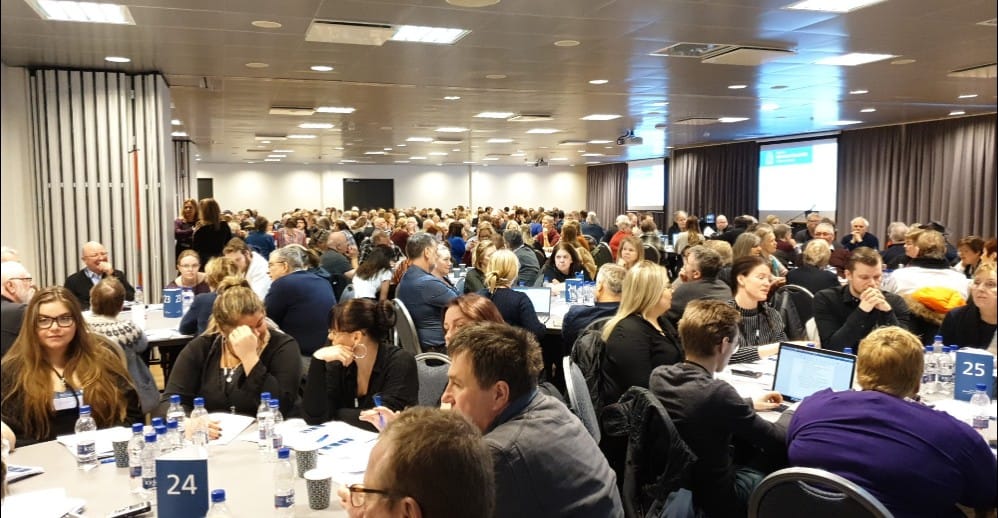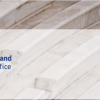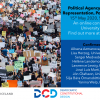
This weekend 9-10 November 2019 the University of Iceland in conjunction with the government will convene a scientific sample of 250 to 300 citizens from all over the country to discuss constitutional amendments. The results will be reported to the government as a direct contribution to an ongoing effort to consider changes to the country‘s constitution. Iceland‘s Prime Minister, Katrín Jakobsdóttir, has described public engagement as essential for a successful completion of a number of constitutional bills which the Parliament will need to pass before its term ends.
A meeting of people from all over the island
The meeting is a part of a Deliberative Poll conducted in cooperation with the Center for Deliberative Democracy at Stanford University. The people participating in the weekend‘s meeting were a part of a bigger sample that took an initial survey this summer in which a number of questions were asked about the respondents’ views regarding certain constitutional amendments. A sub-sample was invited to go one step further and spend two days discussing possible amendments with their peers – expecting that they will meet people with very different views from their own.
Participants will take a new survey on arrival and then complete a third one after their discussion ends on Sunday afternoon. The goal of the meeting is to see what the public’s considered judgments are on the issues once they get a chance to think about them in depth. What do they really think should be done, beyond an impression of sound bites and headlines?
In the deliberative meeting participants will engage in debates on constitutional amendments in small groups. Between group sessions participants will gather in plenary sessions to ask specialists on constitutional law, political philosophy and history to clarify issues that will come up in the discussion. The final questionnaire will show their considered judgements about what should be done.
Seeing and understanding opinion change
A Deliberative Poll is based on a scientific methodology to provide a quantitative measure of opinion change. Stratified random sampling provides a representative group of deliberators. They engage in good conditions for considering the issues—balanced briefing materials, moderated small group discussions, dialogues with experts representing different points of view. The resulting opinions show what the population would think if it could engage the issues under similarly good conditions. In addition to the quantitative measure, the deliberations at the meeting – conducted in small groups – also provide qualitative evidence reflecting the structure of argument and ways in which people may come to revise their beliefs in conversation with others.
In preparing for the upcoming meeting a working group has prepared accessible briefing materials with accurate descriptions of the issues at stake and examples of arguments for and against rival proposals. A number of specialists and stakeholders have also been asked to review and comment on the material and on that basis advise the working group on the balance and accuracy of the materials.
The Center for Deliberative Democracy at Stanford University led by James Fishkin has a long experience of conducting Deliberative Polls. So far 109 Polls have been organized in 28 countries around the world. The latest Deliberative Poll conducted by the center is “America in one Room” – which addressed some of the most divisive issues in US politics today. It was covered by major news media including the CNN and the New York Times (see https://cdd.stanford.edu/2019/america-in-one-room/ ).
A unique combination of Deliberative Poll and Crowdsourcing
One of the unique aspects of the Deliberative Poll in Iceland is its combination with a crowdsourcing exercise conducted at the same time. The crowdsourcing allows anyone with Internet access to engage in an open online discussion on the amendments that are currently being discussed. This open public discussion provides complimentary evidence of public opinion to the information gathered by the Deliberative Poll. It also provided suggestions about the arguments that could be included by the working group.
The current constitutional amendment effort builds on the legacy of years of public discussion about constitutional change. The Icelandic Prime minister, Katrín Jakobsdóttir, has it on her agenda to get the parliament‘s approval of a number of changes before the end of its term in 2021. According to the Icelandic constitution amendments must be approved by the parliament twice, just before and just after elections. If successful, the proposed amendments will take effect after the next parliamentary elections to be held in 2021. Leaders of all political parties that currently hold seats in the Icelandic Parliament are a part of the revision process led by the prime minister.
Background
More than six years after a constitutional bill stalled in the Icelandic Parliament – Althingi – the Icelandic government has thus restarted an effort to change the constitution using wide public engagement.
The Icelandic Constitutional council – a body of 25 elected members – raised considerable international interest in 2011 by producing a draft constitution in a four month fully transparent process, during which the Icelandic public was invited to monitor and participate in the drafting of a document which the Council then submitted to the Icelandic parliament, as a constitutional bill.
The bill, however, was never voted on in Parliament, and even though a consultative referendum in 2012 showed general support for basing a new constitution on the draft submitted by the Constitutional Council, the electoral term expired without the necessary approval by parliament. The bill was not taken up again by a new government.
In the current effort the Prime Minister‘s office has enlisted academic partners to ensure the integrity of a new public consultation process. An independent organization, the Citizens’ Foundation, is carrying out the crowdsourcing exercise, which is a part of a larger research project led by the University. The issues at stake are the role and power of the President, national referendums and legislative initiatives by the public, the court of impeachment and the Parliament’s role in prosecuting government ministers for violating the law on ministerial accountability, voting districts and vote disparity, constitutional amendment procedures and international cooperation, especially with regard to transfer of sovereign power due to international agreements.
Further information:
- Results of the initial survey.
- Consultation on the constitutional changes on the crowdsourcing platform “Better Iceland”
- Interview with Prime Minister Katrín Jakobsdóttir and Professor Jón Ólafsson on the new Icelandic constitutional revision process (English subtitles provided).
Press Contacts:
- Guðbjörg Andrea Jónsdóttir, Director, The Social Science Research Institute, University of Iceland. gudbjorg@hi.is, +354 864 4575
- Jón Ólafsson, Professor, University of Iceland. jonolafs@hi.is, +354 663 4664
- James Fishkin, Professor and Director of the Center for Deliberative Democracy, Stanford University. jfishkin@stanford.edu, +1 650 384 5827





















